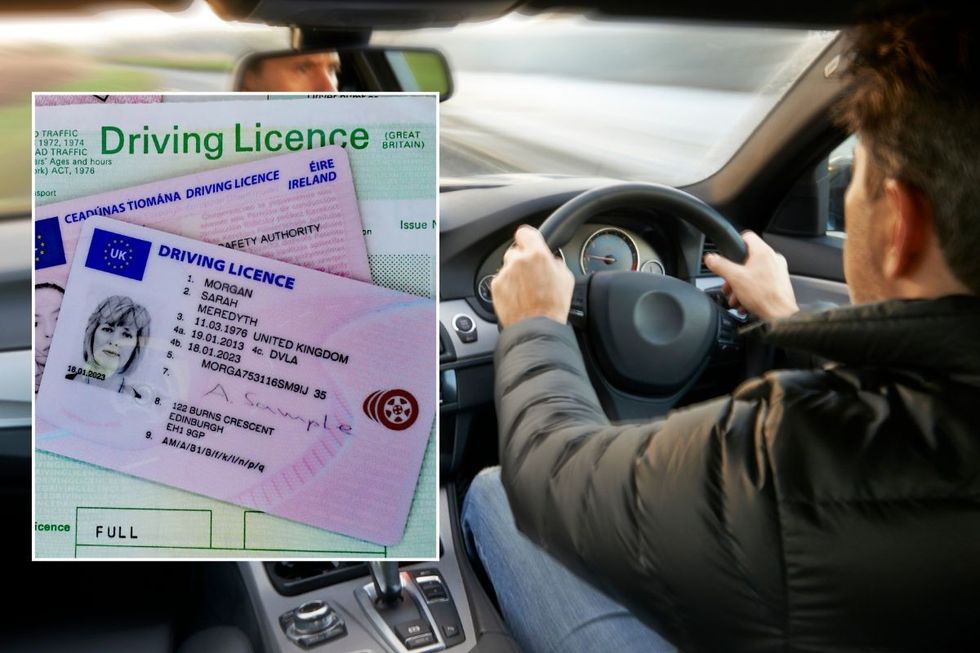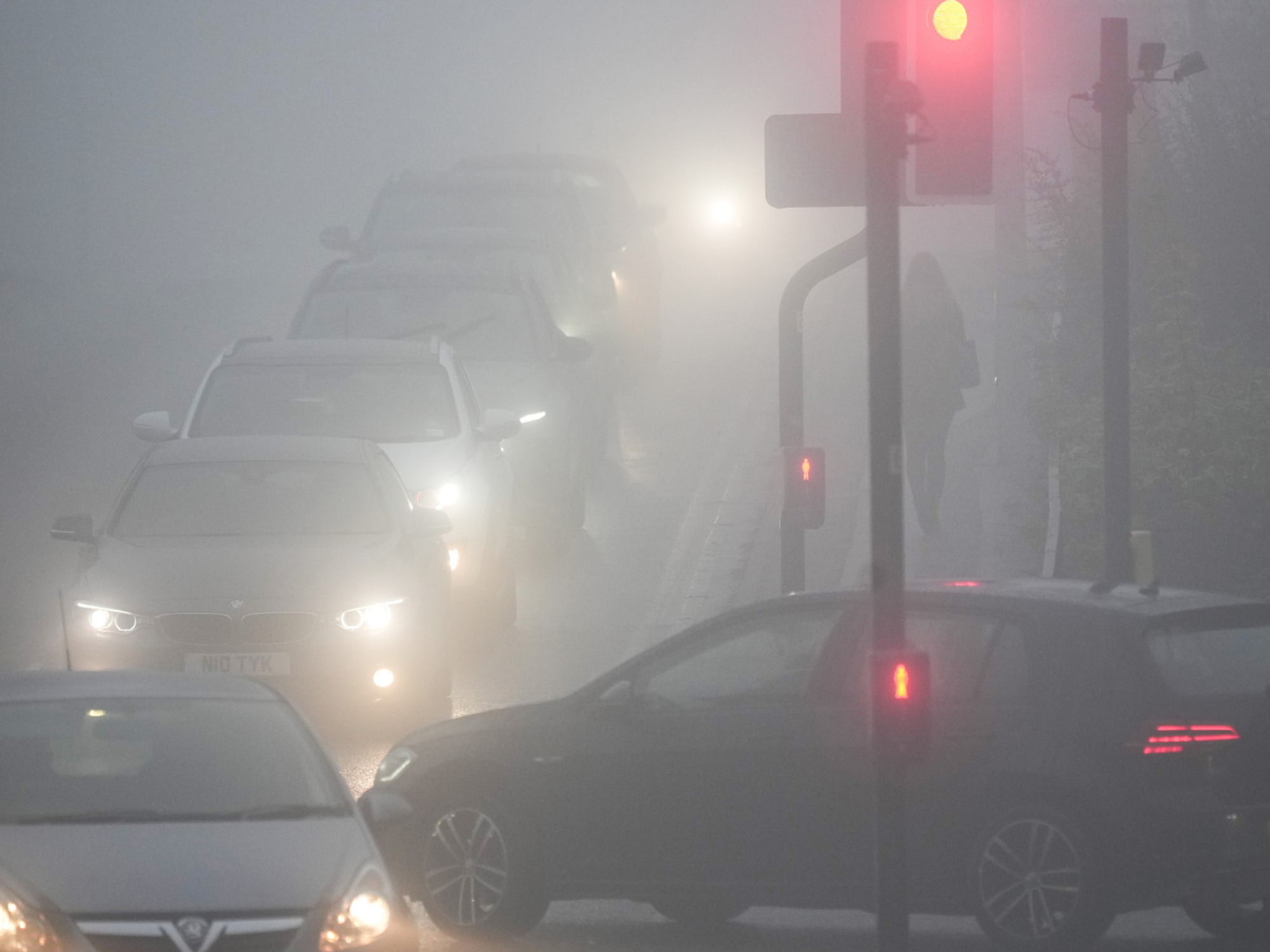Millions of motorists risk £1,000 fines and losing driving licences for breaking DVLA rules - 'Honest mistake'

The DVLA must be notified about key changes to driving habits
Don't Miss
Most Read
Latest
Drivers across the UK have been warned they could face fines of up to £1,000 and points on their licence if they fail to report key changes to the DVLA.
Experts have cautioned that non-disclosure of important information could also lead to prosecution in more serious cases.
The fines come as the DVLA requires motorists to keep both personal and vehicle details up to date by law, with failure to comply leading to serious consequences.
These penalties could be particularly severe if the oversight comes to light following a road offence or accident which was caused by the driver.
Do you have a story you'd like to share? Get in touch by emailing motoring@gbnews.uk

Drivers can be fined up to £1,000 and risk losing their driving licence for failing to follow DVLA rules
| PA/GETTYUnder UK rules, the DVLA must be informed of various changes, including name, address, medical conditions, eyesight deterioration, and vehicle modifications.
Failing to disclose these key details when requested can result in a £1,000 fine and six penalty points on a driving licence.
Drivers must also submit a Statutory Off-Road Notice (SORN) when taking a vehicle off the road to avoid tax and insurance obligations.
The key changes that must be reported to the DVLA include failure to identify a driver involved in an offence, changes to eyesight or visual conditions, and new medical conditions or diagnoses.
Legal name or gender changes must also be declared to the authorities, while vehicles registered as off-road with a SORN require notification to avoid penalties.
Significant vehicle modifications such as new exhausts, colour changes, or bodywork alterations need to be reported, with changes to home address also needing to be communicated to the DVLA.
Meanwhile, more serious points, such as medical conditions that could affect driving ability, also need to be disclosed. This includes diabetes, syncope (fainting), heart conditions, sleep apnoea, epilepsy, strokes and glaucoma.
Drivers could be prosecuted if they have an accident and haven't disclosed a relevant medical condition.
Drivers with medical issues may be forced to surrender their licence if advised to stop driving for three months or more.
Car repair finance experts at Bumper explained: "There are clear legal responsibilities when it comes to updating the DVLA. This includes not only personal information, like name or address, but also changes that could affect someone's ability to drive safely, like eyesight or medical conditions.
"Keeping accurate records is important not just for legal reasons, but also to make sure insurance stays valid and drivers can be reached when needed. Most updates can be made online in just a few minutes."
The experts warned that failure to inform the DVLA about important changes can lead to fines, "even if it was an honest mistake".
LATEST DEVELOPMENTS:
 The DVLA can fine drivers and take away licences for failing to meet its requirements | DVLA
The DVLA can fine drivers and take away licences for failing to meet its requirements | DVLAThey further cautioned that vehicles with significant modifications may need inspection by the DVLA to ensure they remain road legal.
Most updates can be submitted quickly via the GOV.UK website, making the process straightforward for drivers. The DVLA provides specific guidance on which medical conditions must be reported through their online portal.











